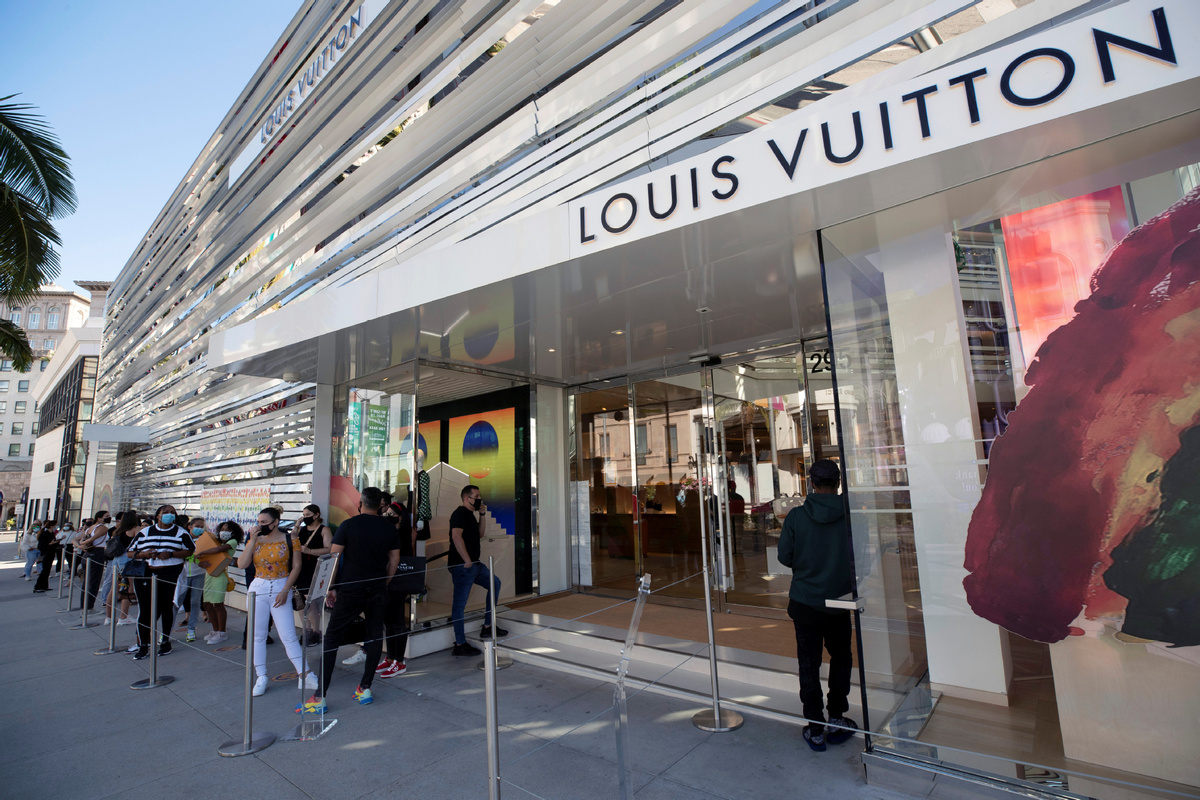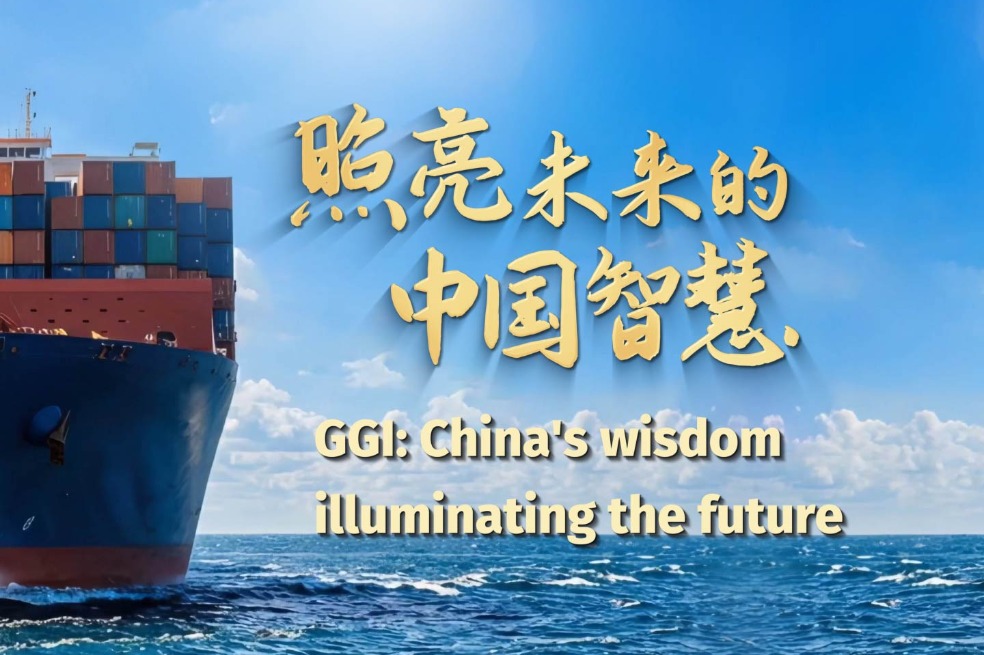Top luxury retailers raise bets on China
By Ai Heping in New York | China Daily | Updated: 2020-08-11 09:35

The coronavirus pandemic has prompted global makers of luxury goods, as well as high-end US retailers, to overhaul their sales strategies in a bid to ride out the downturn.
Luxury brands are turning to sales via social media in China, and US luxury retailers are moving from highly personal service in stores to online and even curbside sales to capture stay-at-home-consumers.
Lockdowns imposed worldwide to fight the coronavirus have battered sales of luxury goods.
Gucci's revenue in the first half fell 34 percent to $3.64 billion and operating profit slid 51 percent, its parent company, Paris-based Kering, reported on July 28.
At two of its main rivals, Louis Vuitton and Dior, the French luxury brands owned by LVMH, sales of fashion and leather goods slid 23 percent for the half year.
But Kering said that sales on the Chinese mainland increased 40 percent in the second quarter compared with the same period of 2019, and LVMH reported that sales of its top fashion brands Louis Vuitton and Christian Dior jumped 65 percent in China.
The halt in international travel means luxury goods makers have been deprived of the sales that would have come from Chinese consumers vacationing overseas.
Brands' main hope
With the European and US economies hurting, China is the brands' main-if not only-hope this year to spark sales. This reality is behind the top luxury brands' switch to social media for sales in China.
China's luxury shoppers are expected to make 50 percent of all global luxury purchases this year. But they will mostly shop from home, according to consulting firm Gartner.
In the US, people generally are staying away from public places, and luxury retail stores are trying to figure out how to sell to customers who aren't in their buildings.
Tiffany & Co, Bloomingdale's and Neiman Marcus Group have responded by selling products via FaceTime and curbside pickup. But curbside drop-off and pickup don't mean just putting a shopping bag in a car trunk, Charles Anderson, Bloomingdale's director of stores, told Bloomberg News.
"You have to be cautious and careful and attuned to how much or how little interaction customers are looking for," he said. "If they pop open the trunk, then place it in the trunk and say thank you and move on. If they're looking to make eye contact and all of that good stuff, then let's make their day."
Retailers also are using video chat so sales associates can connect with longtime customers. In the Hamptons, luxury shoe retailer Jimmy Choo is visiting customers' homes with vans of exclusive merchandise.
All of this is a sea change for high-end retailers: moving from engaging shoppers in stores with stylized personal service to impersonal transactions that meet social distancing needs while trying to retain an air of exclusivity.
This is "a transformative moment" for an industry that resists change, Christophe Cais, CEO of the Customer Experience Group, told Bloomberg.
Agencies contributed to this story.
























